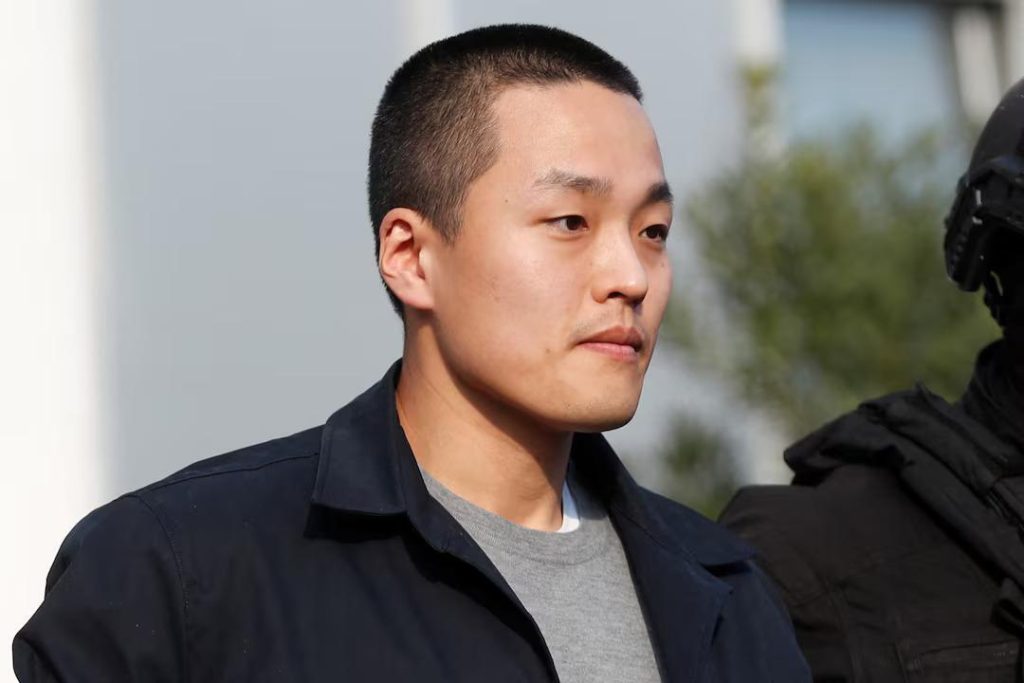
Crypto King’ Do Kwon, behind TerraUSD & Luna, pleads guilty to ₹3.5-lakh-crore fraud
In a shocking turn of events, South Korean entrepreneur Do Kwon, known as the ‘Cryptocurrency King’ by some, has pleaded guilty to conspiracy to defraud and wire fraud. Kwon, the co-founder of Terraform Labs, was behind the development of cryptocurrencies TerraUSD (UST) and Luna, which lost a staggering $40 billion (approximately ₹3.5 lakh crore) in 2022.
Kwon’s admission of guilt comes as a significant blow to the cryptocurrency industry, which has been grappling with a series of high-profile scandals and collapses in recent years. The 31-year-old entrepreneur, who was once hailed as a genius and a pioneer in the field of decentralized finance (DeFi), now faces a maximum sentence of 25 years in prison.
However, with his guilty plea, Kwon may be able to reduce his sentence to 12 years, according to reports. The exact length of his sentence will be determined by the court at the time of sentencing.
Kwon’s rise to fame began in 2018 when he co-founded Terraform Labs, a blockchain-based startup that aimed to create a stablecoin, TerraUSD (UST), pegged to the value of the US dollar. The project gained significant traction, and UST became one of the most widely traded stablecoins in the world.
However, Kwon’s fortunes began to take a turn for the worse in May 2022 when UST, which was designed to be a stablecoin, began to lose its peg to the US dollar. The collapse of UST, which was backed by Luna, another cryptocurrency created by Kwon, sent shockwaves through the cryptocurrency market, wiping out an estimated $40 billion in value.
The collapse of the Terra ecosystem led to widespread criticism of Kwon and his team, with many accusing them of mismanaging the project and engaging in fraudulent activities. The South Korean government launched an investigation into the matter, and Kwon was eventually arrested in March 2023.
Kwon’s guilty plea comes as a significant victory for the US Department of Justice, which had been investigating the Terra ecosystem for months. The department accused Kwon and his co-conspirators of engaging in a massive fraud scheme, which involved misrepresenting the value of UST and Luna to investors, and using the proceeds to fund their own lavish lifestyles.
According to the indictment, Kwon and his co-conspirators used fake trading volume and other manipulative tactics to inflate the value of UST and Luna, convincing investors to purchase the tokens. The scheme, which was allegedly orchestrated by Kwon and his team, resulted in significant financial losses for thousands of investors around the world.
The collapse of the Terra ecosystem has had far-reaching consequences for the cryptocurrency industry, with many industry experts warning of a potential financial crisis. The incident has also raised questions about the regulation of cryptocurrencies and the need for greater oversight and transparency in the industry.
In the aftermath of the collapse, Kwon has been criticized for his handling of the situation, with many accusing him of being arrogant and dismissive of the concerns of investors. Kwon’s team had initially claimed that the collapse was due to external factors, such as market volatility, but evidence has since emerged suggesting that the team had engaged in fraudulent activities.
Kwon’s guilty plea marks a significant turning point in the saga, and it is likely to have far-reaching consequences for the cryptocurrency industry. The incident serves as a reminder of the importance of regulatory oversight and transparency in the industry, and it highlights the need for greater accountability among cryptocurrency entrepreneurs and investors.






